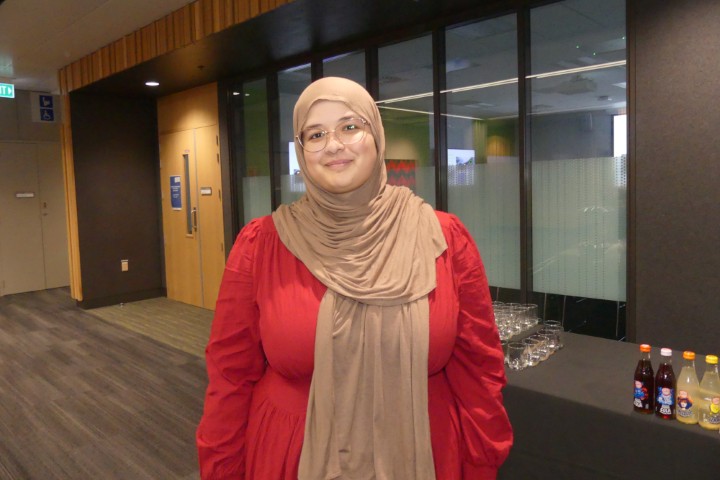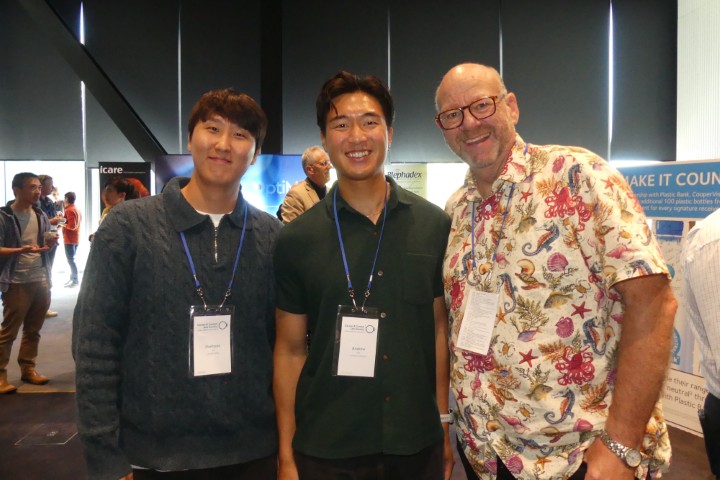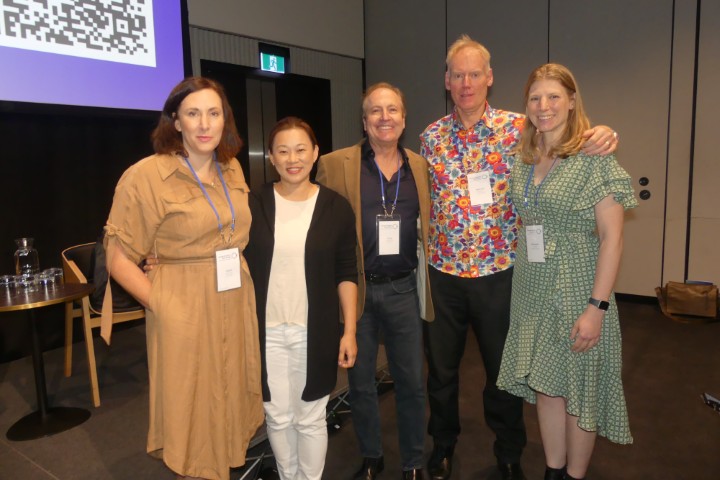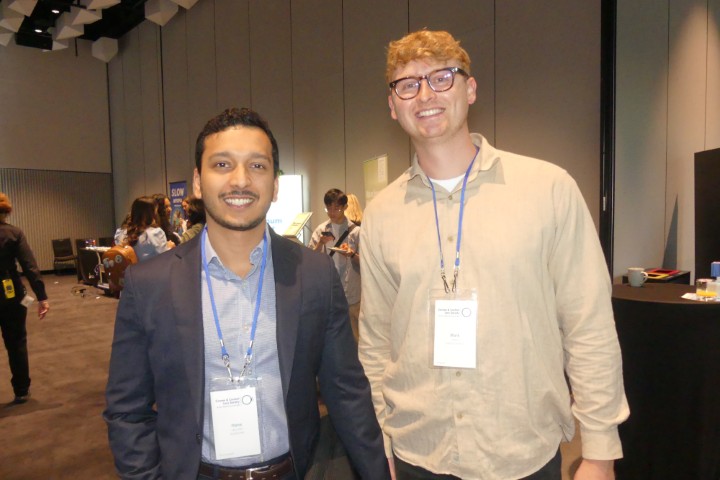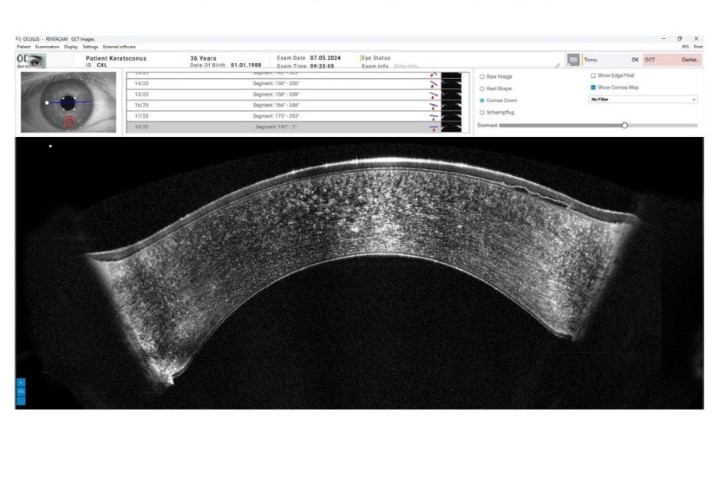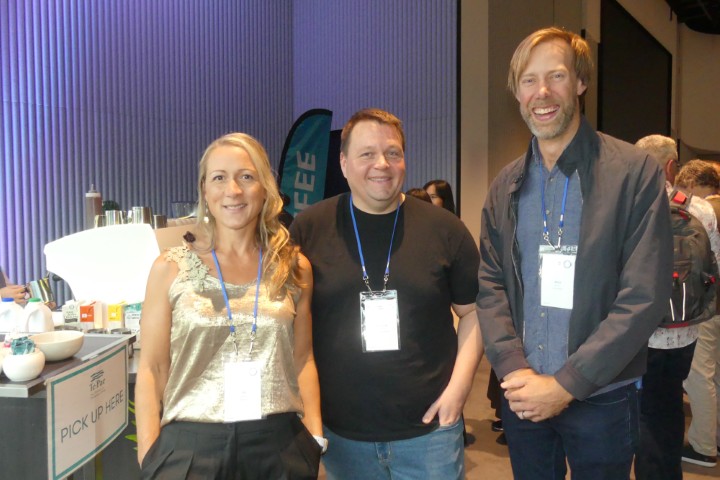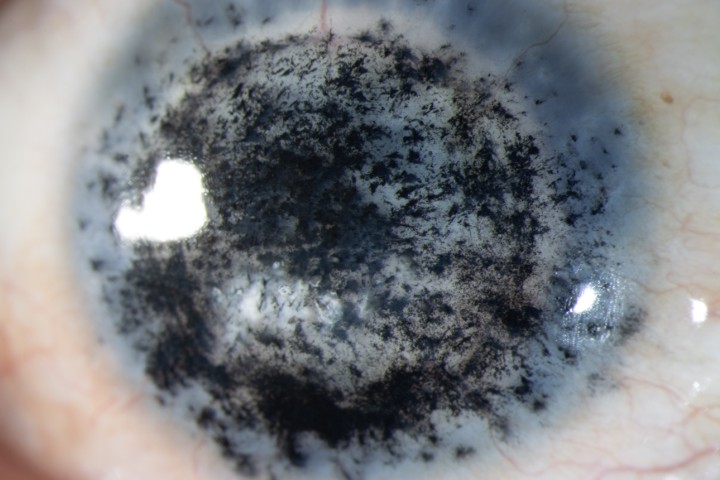A blinking good gift!
A serendipitous moment in the Department of Ophthalmology at the University of Auckland led to a dream gift for BOptom graduate-turned-researcher Jordan Cooper. Concerned about funding Cooper’s PhD, his supervisor and mentor, Professor Jennifer Craig, head of the Ocular Surface Laboratory, shared her frustrations with a colleague, Auckland optometrist and department research fellow Grant Watters.
Fortunately, Watters was facing a dilemma of his own: how to spend a significant bequest for a philanthropic healthcare donation, made by his father, who died more than a year ago. The result was the establishment of the Syd Watters Memorial PhD Scholarship.
Syd had glaucoma and macular degeneration, said Watters and, on his last trip to Auckland, he had attended Prof Craig’s inaugural professorship lecture in May 2021 as Watters was then part of her research team. “He was very impressed with the work she was doing, so when Jen told me about Jordan’s PhD needing funding, it was a bit of no-brainer really. My dad would have been thrilled to help someone in this area, especially someone of Jordan’s calibre.”
Prof Craig said both she and Cooper were “thrilled to bits about the unexpected and generous” doctoral scholarship. “There is so much work that needs to be done. It is vitally important to grow young researchers and produce high-quality research in areas that answer clinically relevant questions. The Syd Watters Memorial PhD scholarship allows us to (do this).”

PhD student Jordan Cooper and his
supervisor Prof Jennifer Craig
Cooper’s PhD will explore how eyelid and blinking characteristics can contribute to meibomian gland dysfunction (MGD). “Due to numerous reasons, we often find ourselves blinking less often and less completely. With every blink, meibomian glands housed within the eyelids release an oily secretion which is vital in minimising tear-film evaporation,” explained Cooper. “With poor blinking habits, we get reduced quality and quantity of oil secreted, leading to poor tear-film quality. This PhD aims to better understand this… to enhance diagnosis and management to improve outcomes and reduce the burden of MGD.”
The scholarship is more than just funding, said Prof Craig. “It is an investment in research to improve health and wellbeing within Aotearoa. By better understanding blinking behaviour and its role in MGD, we hope to develop strategies to elicit meaningful change for patients. The support of the Syd Watters Memorial PhD Scholarship is important in allowing us to carry out this work to the highest possible standard.”














